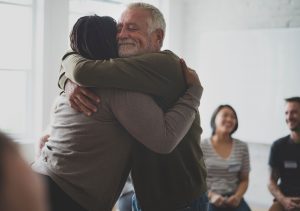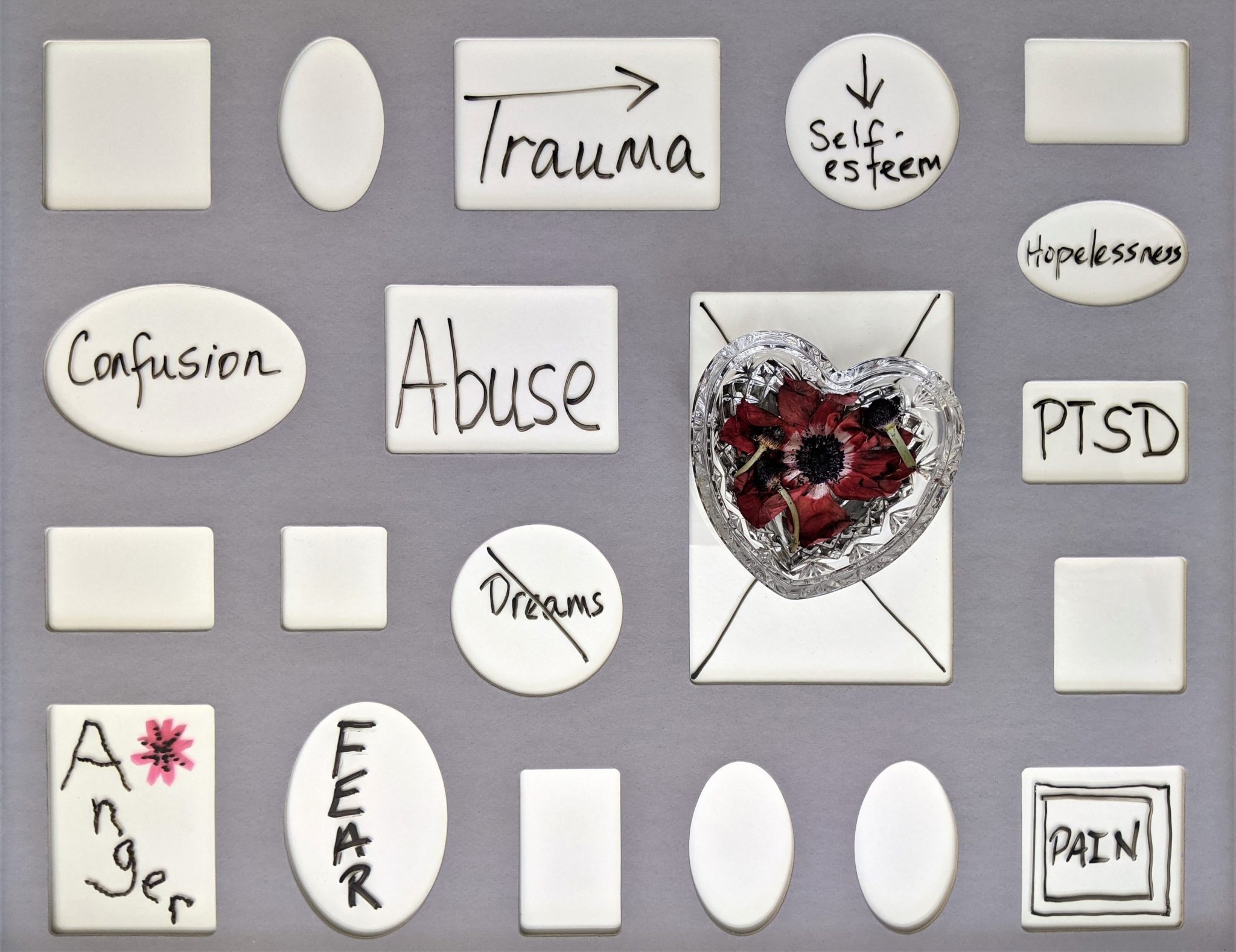What is on this page
What is PTSD
Post-traumatic stress disorder (PTSD) is a mental health condition that can occur after a person has experienced or witnessed a traumatic event. Symptoms of PTSD may include flashbacks, avoidance of triggers, negative thoughts and feelings, and difficulty sleeping. Support groups are very helpful for people suffering from PTSD.
Most Likely to be Affected by PTSD
Post-traumatic stress disorder (PTSD) is a mental health condition that can occur after a person has experienced or witnessed a traumatic event. It is not uncommon for people who have experienced trauma to have difficulty adjusting and coping in the aftermath. However, not everyone who experiences trauma will develop PTSD.

There are certain groups of people who may be more at risk for developing PTSD. These groups include:
- Military personnel
Military personnel are at risk for PTSD due to the high levels of stress and trauma that they may experience during deployment. They may witness or be involved in combat, accidents, and other traumatic events.
- First responders
First responders, such as police officers, firefighters, and emergency medical technicians, may also be at risk for PTSD due to the nature of their work. They may witness or be involved in traumatic events on a regular basis.
- Survivors of violence and abuse
Survivors of violence and abuse, including physical, sexual, and emotional abuse, may be at risk for developing PTSD. The trauma of abuse can have long-lasting effects on a person’s mental health.
- Survivors of natural disasters
Survivors of natural disasters, such as earthquakes, hurricanes, and tornadoes, may also be at risk for developing PTSD. The trauma of experiencing a natural disaster can be severe and long-lasting.
It’s important to note that anyone who has experienced a traumatic event can potentially develop PTSD. It is not limited to these specific groups. If you or someone you know is experiencing symptoms of PTSD, it is important to seek help from a mental health professional. Treatment, including therapy and medication, can be effective in managing symptoms and improving quality of life.
Symptoms of PTSD
The symptoms of post-traumatic stress disorder (PTSD) can vary from person to person and may include:
- Re-experiencing the traumatic event: This may include flashbacks, vivid memories, or nightmares about the event.
- Avoidance: This may involve avoiding people, places, or activities that trigger memories of the traumatic event.
- Negative changes in thought and mood: This may include negative thoughts about oneself or the world, difficulty experiencing positive emotions, and changes in one’s beliefs and attitudes.
- Changes in physical and emotional reactions: This may include being easily startled or angered, difficulty sleeping, and changes in appetite.
Symptoms of PTSD may also include difficulty concentrating, irritability, and difficulty maintaining relationships. It is important to note that these symptoms can be normal reactions to a traumatic event, but if they persist for more than a few weeks and are disrupting daily life, it may be time to seek help from a mental health professional.

Why Support Groups
While PTSD can be treated with therapy and at times with medication, support groups can also play a crucial role in the recovery process. Here are some reasons why support groups can be beneficial for people with PTSD:
- Connection with others who understand
One of the most important aspects of support groups is the opportunity to connect with others who have had similar experiences. For individuals with PTSD, it can be difficult to find people who truly understand what they are going through. Support groups provide a safe and supportive environment where people can share their experiences and feelings without judgment.
- Normalisation of symptoms
Support groups can help individuals with PTSD feel less alone and more understood. It can be comforting to know that others are experiencing similar symptoms and challenges. This can help individuals feel less abnormal or isolated.
- Opportunities to learn from others
Support groups can provide an opportunity for individuals to learn from others who have successfully coped with their symptoms. They can share coping strategies, resources, and tips for managing difficult emotions and triggers.
- A sense of community
Support groups can provide a sense of community and belonging for individuals with PTSD. They can feel like they are part of something larger than themselves and have a group of people who support and care about them.
- Improved quality of life
Research has shown that participation in support groups can lead to an improvement in quality of life for individuals with PTSD. It can help them feel more connected and supported, which can lead to a greater sense of well-being.
In conclusion, support groups can be an important part of the treatment process for individuals with PTSD. They provide a sense of connection, understanding, and community that can be incredibly valuable in the recovery process. If you or someone you know is struggling with PTSD, consider looking for a support group in your area or online.

